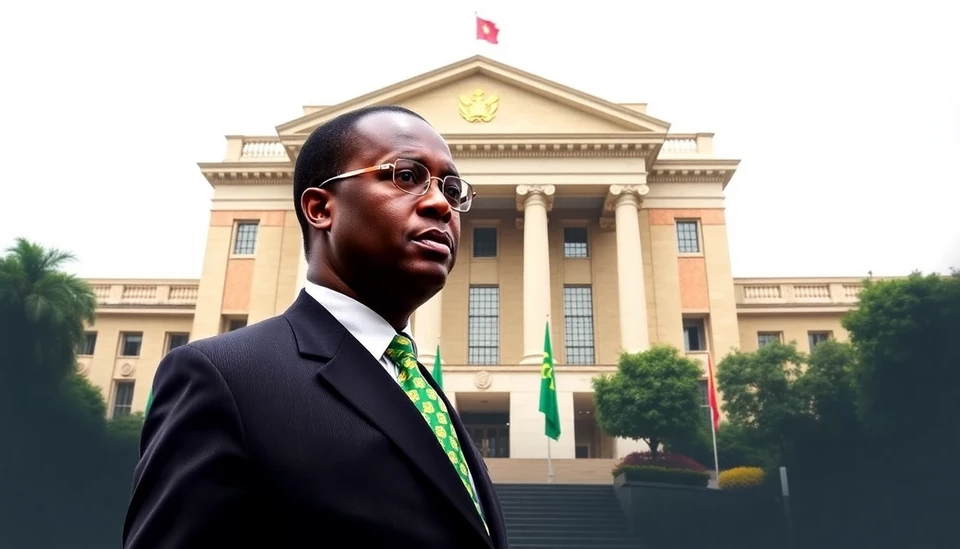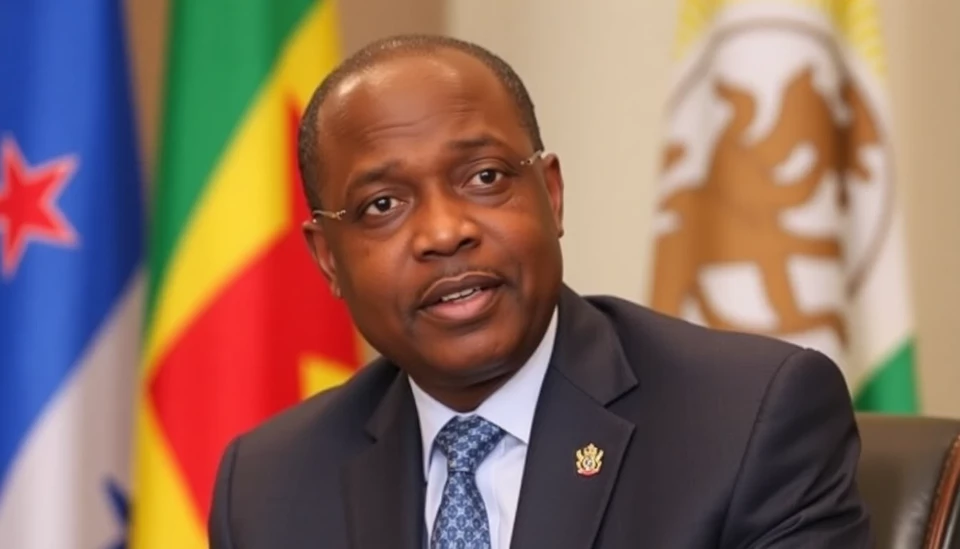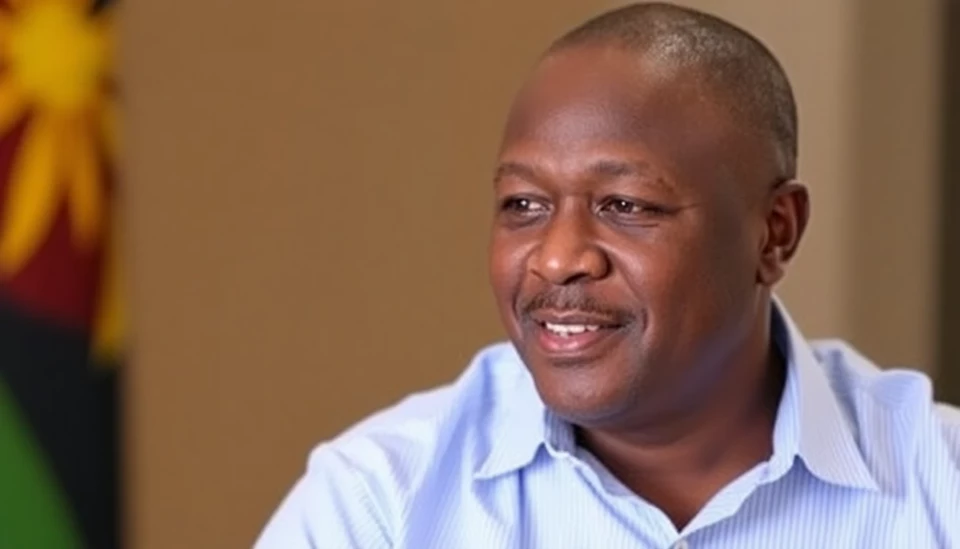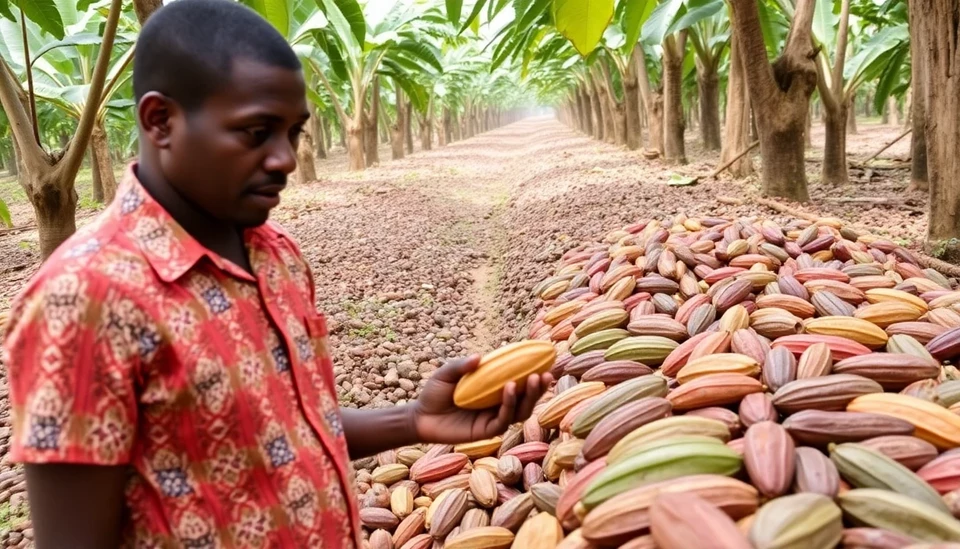
In an unforeseen move that has sent ripples through financial markets, Ghana's newly appointed central bank governor has announced a significant interest rate hike. This decision, executed shortly after taking office, has raised eyebrows and sparked discussions about the country's economic direction amidst ongoing inflationary pressures.
The Bank of Ghana's Monetary Policy Committee convened to address what many economists see as a critical moment for the nation's economy. The newly appointed governor, who assumed office just weeks ago, implemented a surprising 150 basis point increase in the benchmark interest rate, pushing it to 16.5%. This bold move is intended to combat rising inflation, which has recently been driven by soaring prices of essential goods and services.
Experts had anticipated a more cautious approach to monetary policy, with many speculating that the new governor would take time to assess the economic landscape before rolling out any significant changes. However, the decision to hike rates reflects an urgent response to the current inflationary environment, which has become increasingly challenging for the citizens of Ghana.
Market analysts are now grappling with the implications of this unexpected policy shift. The rate hike could have a dual impact; on one hand, it aims to stabilize the currency and curb inflation, but on the other hand, it could stifle economic growth by making borrowing more expensive for businesses and individuals.
The new governor has emphasized the commitment of the central bank to maintaining monetary stability and aims to reassure investors that the decision is geared towards fostering a healthier economic landscape in the long run. However, questions remain about how this rate increase will affect consumer spending and overall economic vitality in a country that heavily relies on imports, which have become pricier due to currency fluctuations.
This surprise move comes at a crucial juncture for Ghana, which has seen a turbulent economic climate exacerbated by global economic uncertainties. Stakeholders are keenly observing the situation, waiting to see how the new governor will navigate these choppy waters and whether further rate adjustments are on the horizon.
Highlights from this latest development indicate a pivotal moment for Ghana's monetary policy, marking a potential departure from previous strategies under former leadership. As the nation braces for the effects of this rate hike, both local and foreign investors are keenly monitoring the central bank's future actions and their implications for the broader economy.
In summary, Ghana's new central bank governor's unexpected rate hike has marked a significant shift in the country's monetary policy, prioritizing the fight against inflation while raising concerns about potential impacts on economic growth. The coming weeks will be critical as both the central bank and the markets adjust to this new financial landscape.
Stay tuned for more updates as this story unfolds.
#Ghana #CentralBank #InterestRateHike #Economy #Inflation #FinancialMarkets
Author: Daniel Foster




